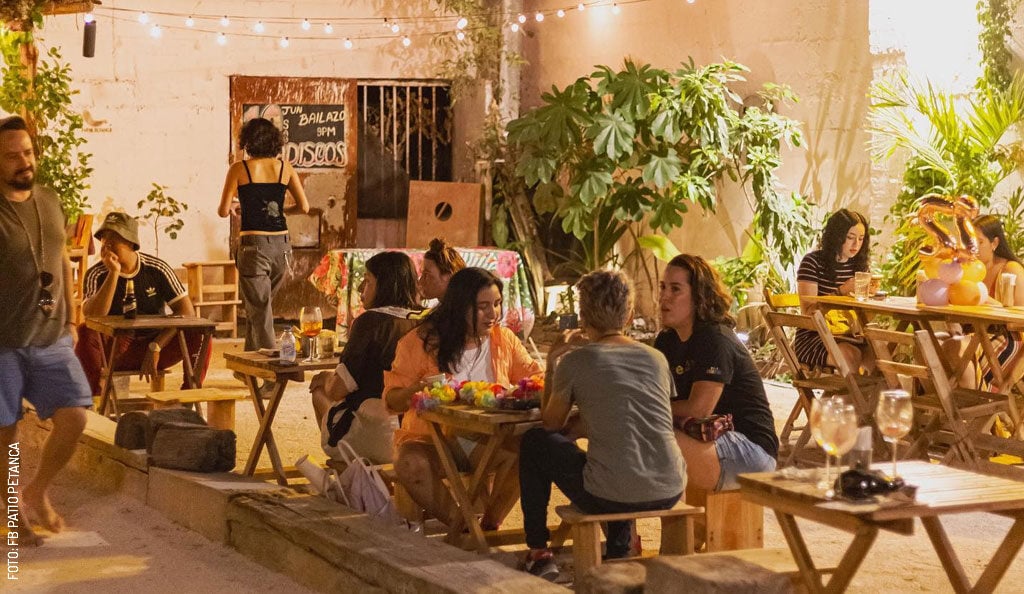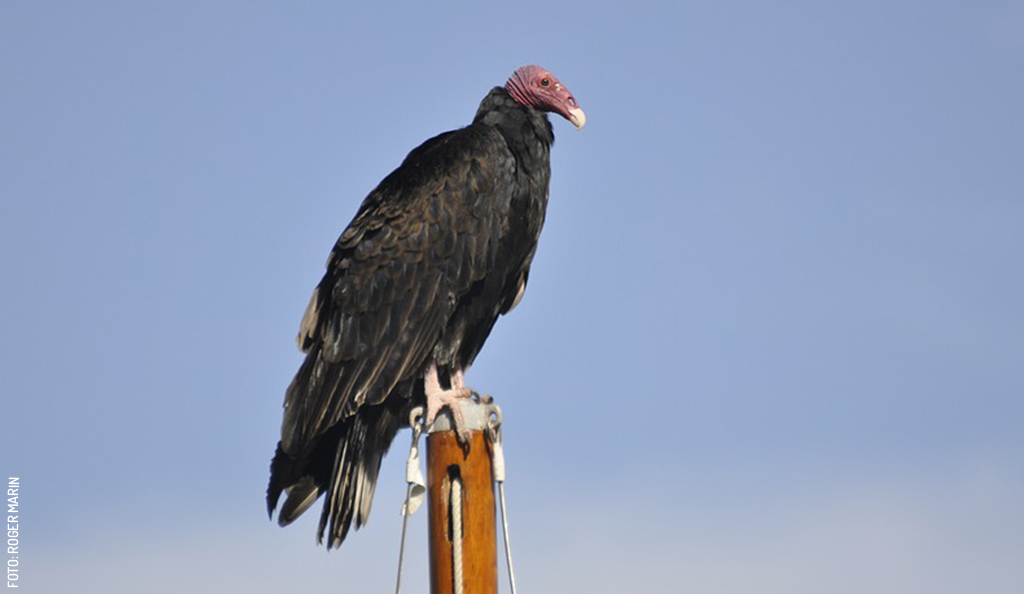
The Legend of the Choms
The Maya have legends about large cities. There’s one about Uxmal that tells the story of how the site was built in a single night. There are also legends about the region’s animals, like the one about the Maquech (beetle) who was transformed into an insect so he could remain next to his loved one forever, the story of the Dziú bird and the corn seed, among many others.
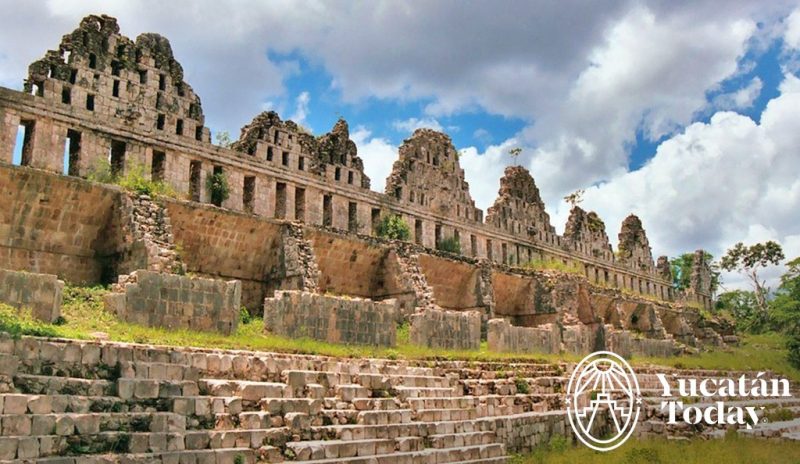 Through these stories and legends you can learn more about the Maya worldview. This time, the legend is about the Chom or buzzard, a bird that was punished for its bad behavior and for almost ruining a celebration for the gods.
Through these stories and legends you can learn more about the Maya worldview. This time, the legend is about the Chom or buzzard, a bird that was punished for its bad behavior and for almost ruining a celebration for the gods.
We have come to identify buzzards as black birds of prey that only come down to the ground to eat dead animals or trash. Many times we view them with scorn; however, they serve an important function as scavengers. This was not always the case, though. Legend has it that these birds once had colorful feathers, something very different from what we see today.
Want to know the story? Read on and let your imagination roam free.
The legend says that one day the king of Uxmal decided to throw a big party for their god, Hunab Ku (the man who gave us life and father of all that is created). He ordered the palace cooks to prepare a list of exquisite dishes: meat, fish, fruits, vegetables, and Aguas Frescas.
Since it was a cool and sunny day, the king ordered that the banquet be served on the palace terrace. From there, you could admire the beautiful city of Uxmal in its entirety. While they followed his orders, the king went to his chambers to get dressed for the celebration.
In the trees that surrounded the city, lived a group of beautiful birds known as Choms. They had multicolored feathers and a wavy crest on their heads. Not only were they beautiful, but they also had quite the appetite! Upon taking notice that no one was watching the food, they landed on the terrace and quickly devoured the feast, leaving a big mess of casseroles, Jícaras (ghords), and floral arrangements: truly a disaster.
When the king went out on the terrace, the mess was such that he became red with fury. “Kill those birds!” he screamed to his soldiers.
The Choms flew up so high that neither arrows nor blowpipes could reach them. “This can’t end without punishment,” said the king. He ordered his priests and wizards to find a way to make the birds pay for their crimes. The birds, flying high in the Uxmal sky, laughed at the king and his people.
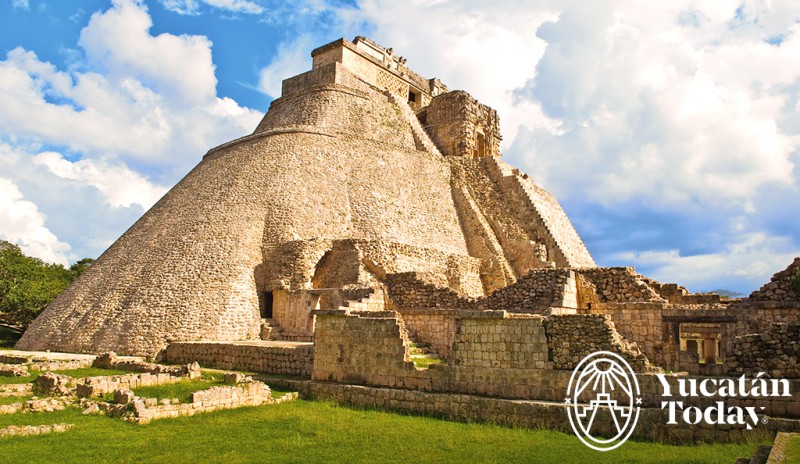 The wise men picked up a few feathers that the Choms had left behind and burnt them in a pit. Little by little they turned as black as the darkest night. When they turned to ashes, one of the wizards threw them into a bowl filled with magic water, which transformed into a grim stew, darker than a bean soup.
The wise men picked up a few feathers that the Choms had left behind and burnt them in a pit. Little by little they turned as black as the darkest night. When they turned to ashes, one of the wizards threw them into a bowl filled with magic water, which transformed into a grim stew, darker than a bean soup.
“Prepare the feast again,” the priests ordered the king’s servants. And they followed their orders. As soon as the terrace was left unattended, the fleet of Choms came back to ravage the food once again. While the birds ate, the priests, who were hidden, appeared and threw the dark water over the birds. “You have defiled the banquet in honor of our god. Because of that, you will never eat delicious food again. From now on, you will only feed on dead animals and trash.” They were cursed.
As if the curse hadn’t been enough, the black water turned the birds’ feathers dark. Dripping with magic water, the Choms rose to the sky towards the sun, hoping it would dry them off. But, Hunab Ku made sure the sun burnt their elegant crests.
The birds felt their heads draw smoke and quickly flew down into a cenote to cool off. The poor birds were surprised to see their reflection on the water: large black birds with opaque feathers, and a bald head. It is said that from then on, Choms fly high so that no one will make fun of them…they are the last to come down to eat so that they are not seen. That’s why they only fly to the ground when there are only leftovers and trash left.
Information provided by “Los mayas para niños” and Biblioteca ILCE.
Photography by Roger Marin and Yucatán Today for it's use in Yucatán Today.

Author: Violeta H. Cantarell
“Meridana,” traveler, animal lover, passionate reader, commentator, and enthusiastic promoter of the natural and human beauty of Yucatán.
Receive the latest articles and much more from the best of Yucatán in your email!
Related articles
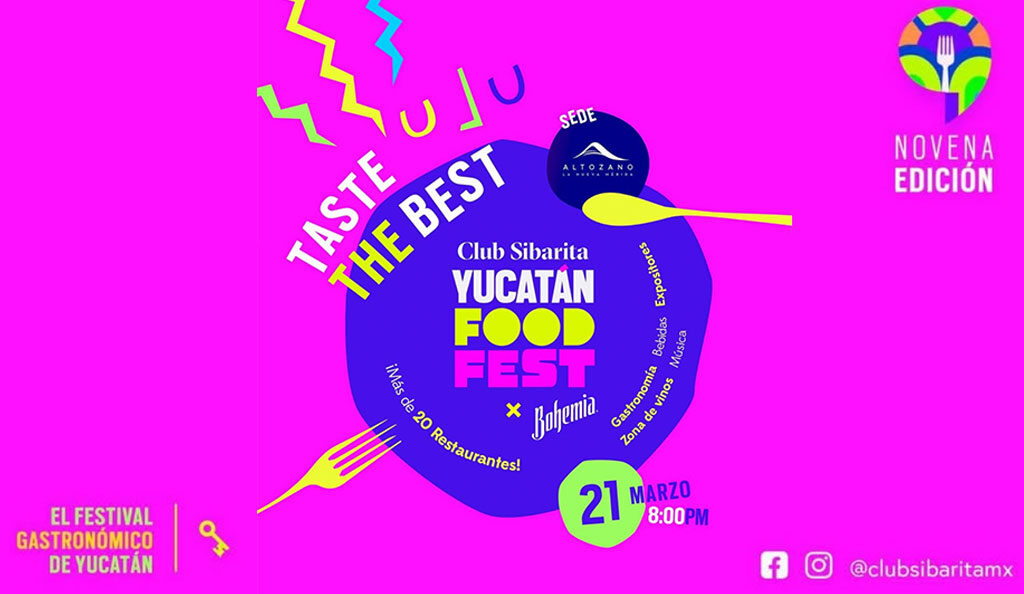
Sibarita Food Fest / Taste the Best
Yucatán Food Fest: a festival for lovers of good food and drink. Sibarita brings together the most outstanding culinary talents.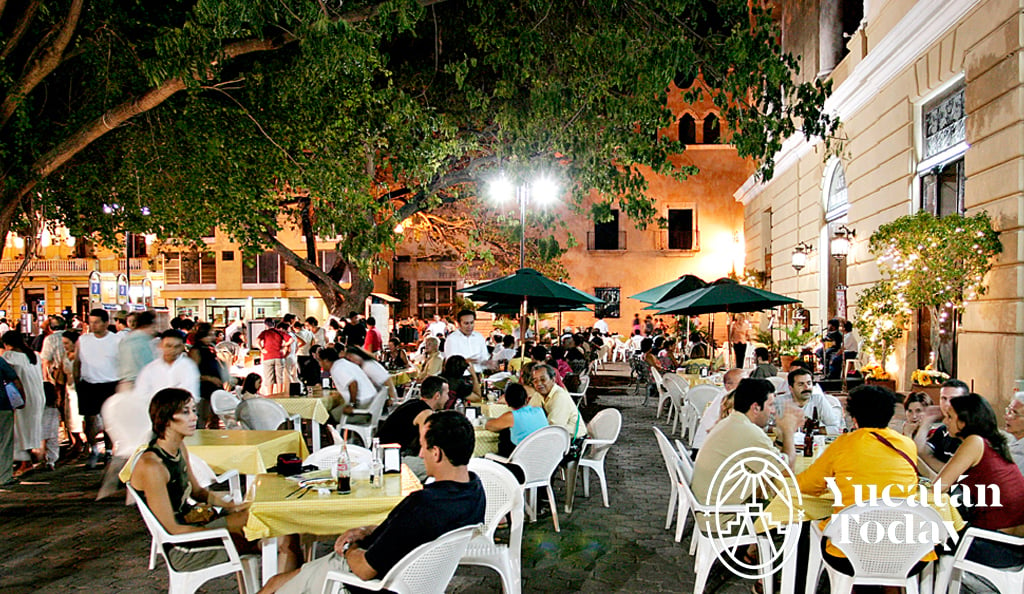
20 Free Things to do in Mérida
Any free museums? What are the events of the week? Free food? The best parks, galleries and activities that one can't miss, and for free!